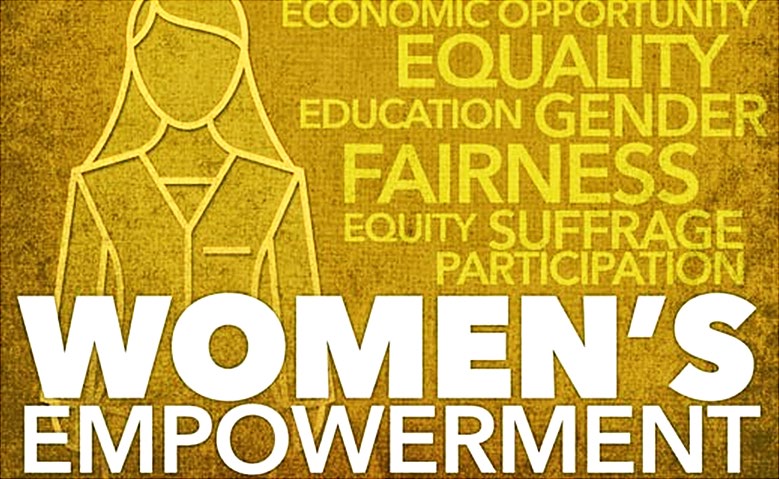Empowering Women: Redefining The Kitchen And Household Equality

The article highlights the challenges women encounter in the kitchen and promotes gender equality by offering both philosophical perspectives and practical solutions.
The kitchen is a site of both physical labour and emotional stress for women due to societal expectations, criticism, and the unequal distribution of household responsibilities, leading to stress and frustration, particularly when women feel solely responsible for meal preparation and cleaning. Criticisms from male family members about the quality of food, such as excessive oil or salt (Noon Chhuiy Zyaade Trowmut, Noon Chhuiy Kam; Teel Chhuthas Zyaade Trowmut; Paak Chhuiy Sinis Kam, etc.) further exacerbate this pressure. Additionally, women often find themselves constantly thinking about what and how to prepare meals accurately.
Moreover, the kitchen can hinder women’s progress and development by reinforcing traditional gender roles and dependency. French Philosopher Simone de Beauvoir once remarked, “One is not born, but rather becomes, a woman.” In the confines of the kitchen, this sentiment rings true as women navigate the confines of traditional gender roles, reinforcing dependency and hindering personal development. To counteract this, women should aim for financial independence to avoid relying solely on their husbands or males.
Reflecting the words of feminist icon Audre Lorde: “I am not free while any woman is unfree, even when her shackles are very different from my own.” Financial autonomy provides the means to stand up against abuse and assert autonomy. For example, financially dependent women facing abuse may feel powerless to act, whereas those who are financially independent are more likely to have the means to stand up for themselves.
Furthermore, household tasks, including kitchen work, should be evenly distributed among both men and women and the concept of a ‘kitchen woman’ should not be gender-centric. As philosopher Carol Hanisch famously stated, “The personal is political.” This concise phrase summarizes the interconnectedness of personal experiences and broader political structures, emphasizing the need to address gender inequalities at all levels.
As English philosopher, John Stuart Mill advocated, “The principle which regulates the existing social relations between the two sexes-the legal subordination of one sex to the other is wrong in itself, and now one of the chief hindrances to human improvement.” Sharing the load of kitchen work dismantles the gender-centric notion of a ‘kitchen woman’ and paves the way for genuine gender equality. Promoting equality in household responsibilities can alleviate the burden on women and foster gender equality.
In conclusion, redefining kitchen and household equality demands an equitable distribution of tasks, challenging traditional gender roles, and empowering women towards financial independence for genuine gender equality and societal progress.
By Sabzar Ahmad Bhat


